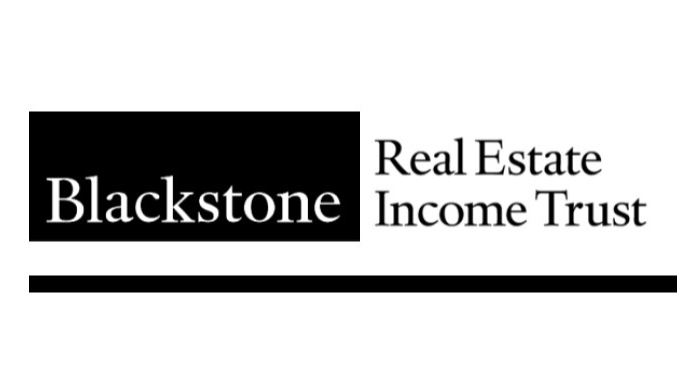Nearly 50,000 eviction notices were filed between February and August in Los Angeles, according to City Controller Kenneth Mejia, chief accounting officer for the city.
The data was recently made available via a new data transparency tool by his office.
Mejia said on social media Sept. 25, the majority of the notices were for non-rental payments, and 91 percent were 3-day notices, which are the first step for landlords in the eviction process.
The unpaid rent for the months recorded totaled $186.5 million.
In Los Angeles, such notices can be given to tenants who missed a rent payment, violated the terms of their rental agreement, destroyed the property, or engaged in illegal activity, according to the county’s Consumer and Business Affairs Department.
For those who don’t pay up or move out within the 3-day period, the landlord has permission to file in court what’s known as an unlawful detainer asking the court to evict the tenant, according to the department.
The top three zip codes where such notices were filed include Hollywood with 3,500 notices, Fairfax with 2,500 notices, and Woodland Hills with 2,100 notices, said the data tool.
Of the notices filed, Mejia noted in his social media that 6,000 were filed where the amount of rent owed was below the city’s “Fair Market Rent Limit,” which disqualifies an eviction.
An ordinance, enacted in January by the L.A. City Council, prevents a landlord from evicting a tenant if the amount owed is below one month of the fair market amount, said Mejia.
That threshold currently is $1,500 for a studio; $1,750 for a one-bedroom, $2,225 for a two-bedroom, and $2,900 for a three-bedroom, according to the city controller.
In September city officials announced the Emergency Renters Assistance Program, which can help those qualified receive forgiveness for six months of their unpaid rent paid by city subsidies, for families earning at or below 80 percent of the median income. A family of three qualifies if their combined income is less than $91,000.
The one-time $18.4 million program is funded by Measure ULA, nicknamed “mansion tax,” which is a 4 percent sales tax on properties over $5 million and 5.5 percent on those over $10 million.
The most unpaid rent owed is for units in an apartment building called the Sterling Wilshire where prices range from $4,000 to $8,000 a month.
The protections for unpaid rent between March 2020 to September 2020 ended Aug. 1, and for unpaid rent that accrued between October 2021 through January of this year, tenants have until February 2024 to pay up, according to city officials.
Some landlords in Los Angeles say the housing department’s definition of 3-day notices, or eviction notices, is misleading.
According to Dan Yukelson, executive director of the Apartment Association of Greater Los Angeles, such are no more than a warning and usually don’t lead to an eviction.
He said in most cases, tenants pay the rent after receiving a notice or work out a payment plan with their housing provider.
“In a lot of cases, these notices are corrected, and people have actually gone and paid their rent after receiving,” he said.
Some habitual late payers may receive a notice every month, while some landlords may send out multiple notices due to not properly filling out the notice, for example, Yukelson said.
“A lot of owners don’t realize that the city of L.A. now requires you to put the number of bedrooms that the unit has when you provide a three-day notice and they have to refile it. So there’s all kinds of duplication on these types of things,” he said.
A spokesperson for Mejia’s office confirmed duplicate entries can be recorded in the data, when multiple notices are sent out. Duplicate notices for the same address can also be found on the online tool.
According to Yukelson, in real-world scenarios, landlords usually work out an agreement and waive some rent when evicting a tenant so they can re-rent the unit faster.
He said going through a proper eviction could take anywhere from six to eight months and cost between $10,000 to $50,000 in legal fees, so property owners usually try to avoid them.
“Depending on how highly-contested the evictions are, hiring private attorneys will make that even worse and cost even more in legal fees. And then on top of that you’re generally not collecting rent the entire time you’re seeking an eviction and so, owners are way out of pocket,” he said.
Another issue that has led to more notices filed, according to Yukelson, is tenants underpaying their rent since as long as they haven’t missed their fair market rental limit, eviction attempts will fail.
“What a lot of tenants have been doing more and more is they’ve been short paying their rent because they don’t think the owners can do anything about it . Owners are under no obligation to accept less than the full rent, so owners have been returning the money and handing out a three-day notice. And so that’s another reason for a lot of these three-day notices,” he said.
Excerpt Rudy Blalock, Epoch Times














